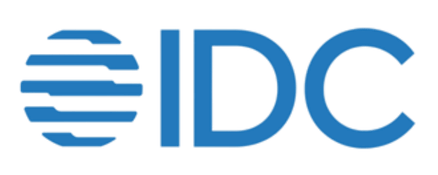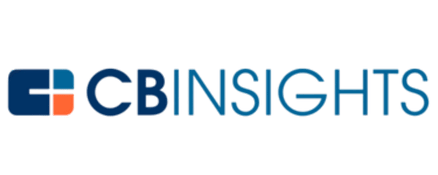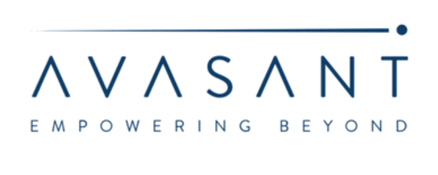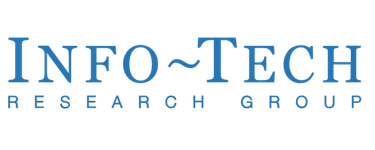NYC LOCAL LAW 144
Meet Local Law 144 requirements with confidence. Our AI governance platform streamlines bias audits, documentation, and ongoing compliance — so you can focus on hiring the best talent.
Audit-ready reports
Scope
THE PROBLEM
Most organizations struggle with organising their data, producing documentation, and the annual scramble to meet compliance deadlines.
Protected class data is incomplete or reported inconsistently.
The same documentation tries to meet the different needs of external and internal stakeholders.
Audits are only completed once a year without any check-ins throughout the year, and the yearly deadline comes around fast.
THE COST
The bill shows up across legal, operations, and your employer brand.
Improper audits and insufficient transparency leaves you vulnerable to penalties.
Poor compliance erodes candidate and market trust.
Not meeting the same standards as your competition puts you at a disadvantage.
THE SOLUTION
Holistic AI's governance platform handles the analysis, documentation, and workflow to maximise compliance and minimise the administrative burden. Everything you need in one place.
Automatically record and remove missing datapoints and convert demographic information into the format required by Local Law 144.
Calculate impact ratios with the required metrics. Flag disparities immediately.
Generate the summary you need for compliance and more detailed internal documentation all in one place.
Tailored mitigation recommendations and check-ins throughout the year in case something changes.
Note: Local Law 144 requires an independent audit. Holistic AI supports analysis and documentation. You may still need a third-party auditor to sign off.
HOW IT WORKS
Upload the data. Run the analysis. Generate documentation.
1
Upload the data
2
Run the analysis
3
Generate documentation
Step 1 of 3
Import the data and clean it ready for analysis. Correct inconsistencies and process missing values.
WHAT YOU GET
Our platform produces all required deliverables for Local Law 144 compliance.
Complete analysis with selection rates and impact ratios by protected class.
Ready-to-publish summary of your most recent audit findings.
Compliant notice informing candidates that an AEDT is used.
Scope statement, dataset schema, definitions, results, and limitations.
Documented actions, owners, and timelines for any identified issues.
Standardized workflow that makes next year's audit effortless.
FAQs
An AEDT (Automated Employment Decision Tool) is any computational process that substantially assists or replaces human discretion in employment decisions. The key question is whether the tool screens, ranks, or scores candidates or employees.
Local Law 144 requires the audit to be independent. Many organizations engage a third-party auditor to demonstrate independence. Holistic AI can support the analysis and documentation, making third-party review faster and more efficient.
Most audits include selection rates by protected group and impact ratios versus a reference group. The commonly used screening heuristic is the '4/5ths rule' (0.8), though this is not a universal legal standard.
Track 'unknown / not disclosed' explicitly. Never drop rows silently. Document your approach in the audit package. Our platform helps you handle missing data consistently.
Small samples can make ratios unstable. Document this limitation clearly. Consider using a longer time window or appropriate aggregation methods. Our platform flags when sample sizes may affect reliability.
Local Law 144 requires annual audits. We recommend setting a clear renewal cadence with a defined data cutoff window. Our platform helps you track audit schedules and deadlines.
Join the organizations that turned governance from a blocker into an enabler. Full visibility, continuous risk testing, and compliance proof — on autopilot.
Get a Demo
Recognized by







